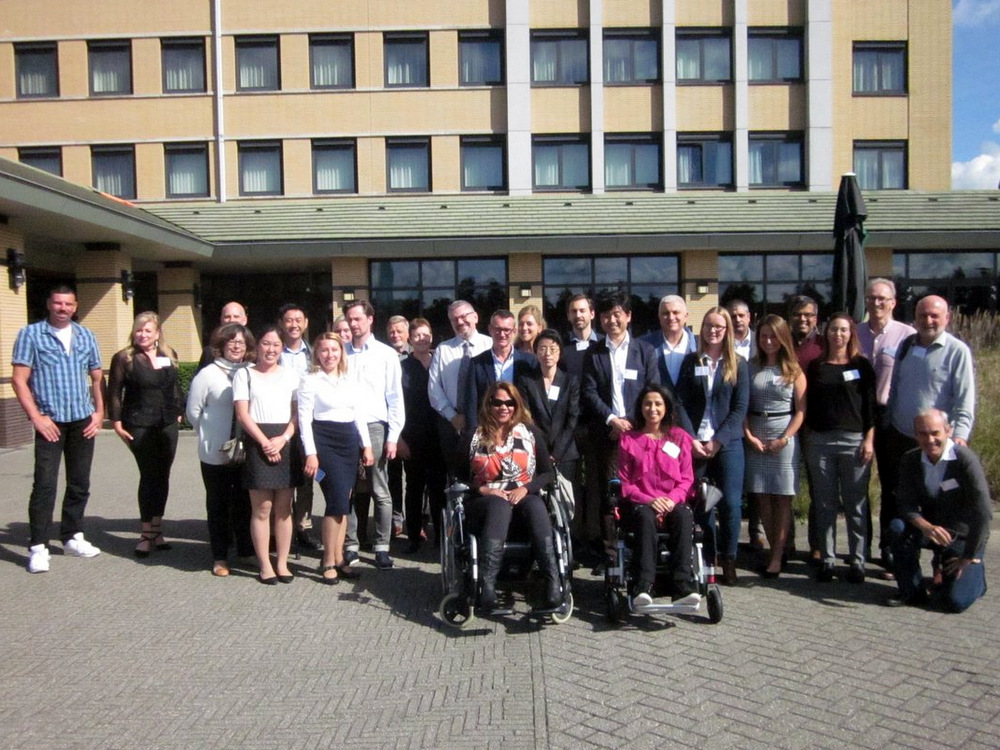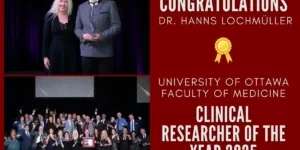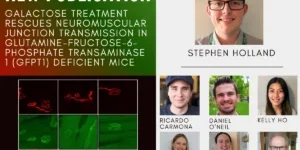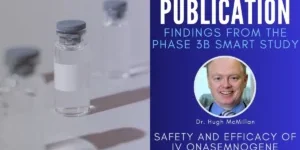New publication: 237th ENMC international workshop: GNE myopathy – current and future research
In the 237th workshop convened by the European Neuromuscular Center (ENMC), clinical experts, researchers and patient representatives came together from around the world to discuss the latest findings and the way forward in research and care in GNE myopathy. The workshop was held in September 2018 and led by Drs Pogoryelova, Argov, Urtizberea, Nishino and Lochmüller. GNE myopathy is a genetic muscle disorder that starts with foot drop and the correct diagnosis is often missed for years. While the underlying genetic cause is well understood, further research is required to identify the disease mechanism and to develop better treatments. Workshop participants reviewed the current medical and scientific knowledge relevant to GNE myopathy to achieve a better understanding of its epidemiology, phenotype and genetics. They agreed on a standard of care (SOC) for GNE myopathy patients, discussed the strengths and weaknesses of the currently available animal models, discussed the outcomes of recent trials, reviewed the outcome measures used, and other potential treatments for the condition, and attempted to improve their understanding of the biochemical consequences of the GNE defect on muscle tissue leading to muscle damage and weakness.
The workshop report has been accepted for publication in the Neuromuscular Disorders journal and has been released as an accepted manuscript. After the final version is released it will become available as open access; in the meantime those with access to the journal can download it from the journal website and others with an interest are invited to contact the authors or the ENMC.
Oksana Pogoryelova, J. Andoni Urtizberea, Zohar Argov, Ichizo Nishino , Hanns Lochmüller, on behalf of the ENMC workshop study group, 237th ENMC International Workshop: GNE myopathy current and future research Hoofddorp, The Netherlands, 14-16 September 2018. Neuromuscular Disorders (2019). DOI: 10.1016/j.nmd.2019.02.010
Highlights:
- Agreement on ways to promote GNE myopathy animal model development
- Recommendations for further biomarker and biochemical pathways studies
- Initial Standards of care (SOC) document for GNE myopathy patients
- Recommended items for data collection in patient registries
- Recommended format for reporting new variants in the GNE gene







